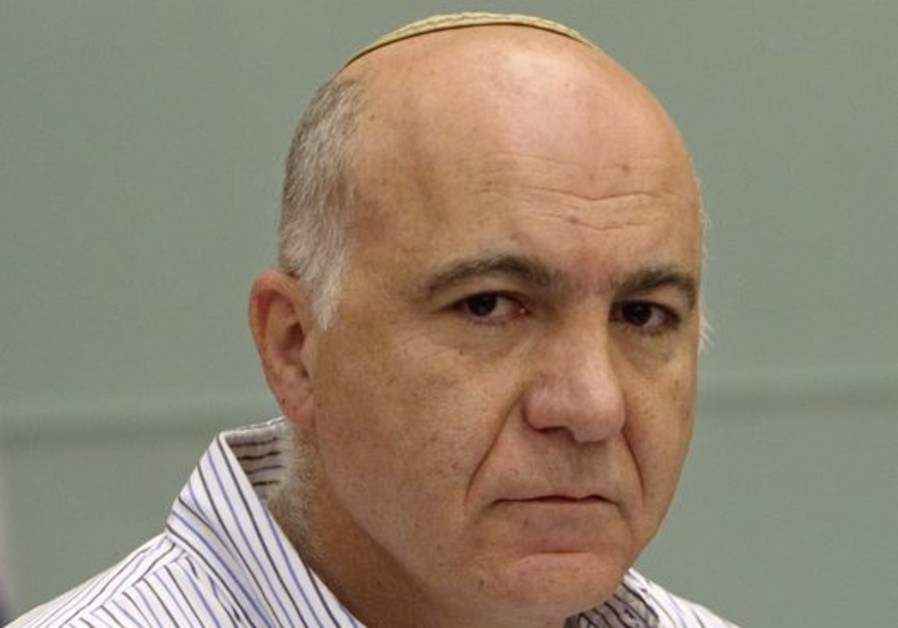Ex-Shin Bet chief: Israeli annexation of West Bank may cause bloodshed

Yoram Cohen. (photo credit: REUTERS)
West Bank annexation could cause bloodshed, warned the former head of the Shin Bet (Israel Security Agency) Yoram Cohen on Thursday, urging the government to take “steps to minimize the [impact] of the occupation in Judea and Samaria.”
“Annexation could lead to needless bloodshed,” Cohen told Army Radio. He clarified that his warning also included any sovereignty attempts in Area C, which is under full Israeli control and where all of the Israeli settlements are located.
“The annexation of Judea and Samaria is the central topic that the Israeli public needs to discuss,” so it can weigh the options it wants, he said.
The problem is significant, Cohen said, because Judea and Samaria present a challenge to Israel that is a hundred times greater than the threat Israel faces from the Gaza Strip. This is from security, strategic, economic and international relations perspectives, he said.
The problem for Israel is that both a one-state resolution and a two-state resolution to the Israeli-Palestinian conflict present security challenges.
In the first option, Israel would have to deal with a hostile population; in the second option, there is the risk of a failed, hostile Hamas-led state, Cohen explained.
Cohen said that he favored a two-state resolution to the conflict, but that such an option is not relevant now.
“We can’t give over the keys of Israel’s security to the Palestinian leadership,” he said.
The maximum resolution that can be achieved at this time for the Palestinians is “autonomy plus” – where Israel retains security control of the West Bank.
To ensure that such an option is successful, Israel must minimize the impact of the occupation, such as improving transportation and employment options for Palestinians.
“We have to minimize [the impact of] the occupation,” Cohen said.
Israel should even consider redrawing the map of the West Bank, so that portions of Area C could be given to the Palestinian Authority, which has control over Areas A and B.
Cohen spoke as US envoys Jared Kushner and Jason Greenblatt have visited Jordan and then Israel, as part of a regional trip to promote US President Donald Trump’s peace plan designed to resolve the Israeli Palestinian conflict.
Their efforts to push forward the plan comes, as Prime Minister Benjamin Netanyahu is under pressure from right-wing voters to annexing Area C of the West Bank, irrespective of the Trump peace plan.
During the last election Netanyahu promised to apply sovereign to the West Bank settlements, but did not speak of doing so for all of Area C, which is home to 300,000 Palestinians.
On Wednesday, Netanyahu traveled to the Efrat settlement, where he reiterated his pledge not to uproot any settler or settlements.
Right-wing Israelis are hopeful that Trump’s peace plan places the West Bank settlements under Israeli sovereignty, particularly in light of seemingly supportive statements both Greenblatt and US Ambassador to Israel David Friedman have made about the settlements.
On Tuesday, Friedman told CNN that “Israel has not presented to us [Trump administration] any plan to retain or annex any portion of the West Bank and we have no view on it at all right now.”
Join Jerusalem Post Premium Plus now for just $5 and upgrade your experience with an ads-free website and exclusive content. Click here>>






Comments are closed.